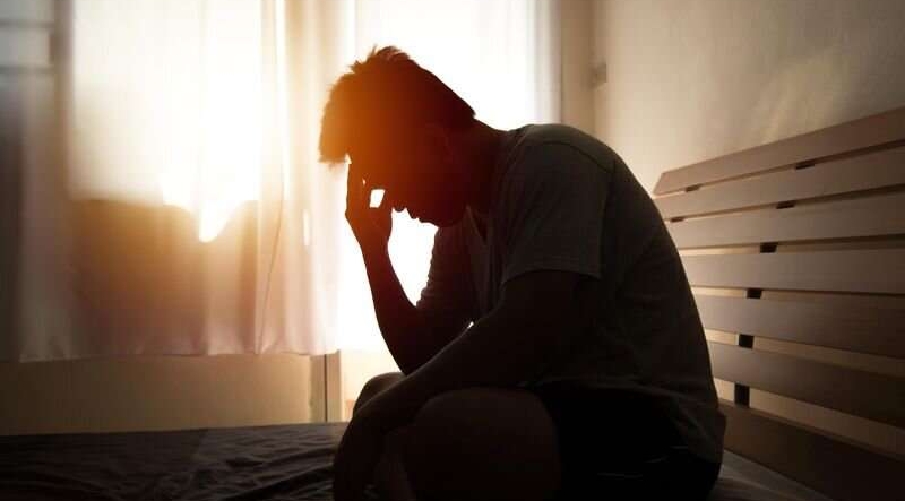If someone you know is dealing with depression, it can be difficult to know how to help.
It’s important to remember that depression is a complex illness and that it can take time for people to get the right kind of help.
Here are some tips on how you can support a loved one who is dealing with depression.
How to Deal With Depression:

Recognize the Symptoms of Depression!
It’s important to be aware of the signs and symptoms of depression so that you can recognize them in your loved one.
Common symptoms of depression include feelings of sadness or hopelessness, fatigue, difficulty concentrating and making decisions, changes in appetite and sleep patterns, feeling worthless or guilty, difficulty connecting with others, and thoughts of suicide or self harm.
Recognizing these symptoms in your loved one will help you understand what they are going through and let them know that you care about their wellbeing.
Understand Treatment Options:
Depression is an illness that can be managed with proper treatment and support from family and friends.
Some common treatments for depression include psychotherapy (talk therapy), antidepressant medications, lifestyle changes (such as getting regular exercise), light therapy (exposure to artificial light), cognitive behavioral therapy (CBT), and alternative treatments such as yoga or meditation.
Educating yourself on these treatment options will help you better understand what your loved one is going through and provide helpful information if they need it.
The Negative Consequences of Not Treating Depression:
It can be difficult to recognize the signs and symptoms of depression, especially if you don’t understand how it works. Unfortunately, when it goes untreated, depression can lead to serious consequences.
1. Physical Health Issues.
Depression can lead to physical health issues such as heart disease, stroke, and diabetes, as well as an increased risk for cancer.
People who are depressed often neglect their physical health by not exercising or eating healthy foods.
They may also have difficulty sleeping or suffer from insomnia, which can lead to fatigue and lowered immunity.
People who are depressed are also more prone to developing substance abuse problems or engaging in risky behaviors such as unsafe sex, reckless driving, or gambling.
2. Social Isolation.
Depression can cause people to withdraw from social activities and isolate themselves from family and friends.
This is because they may feel ashamed or embarrassed about their condition, or simply lack the energy needed to participate in social events.
Social isolation can make depression even worse because people need social support to stay mentally healthy.
It can also cause additional stress on relationships with loved ones if they don’t understand what’s going on with the person suffering from depression.
3. Lack of Productivity.
Depression can make it difficult for people to focus on tasks at work or school, leading them to fall behind in their responsibilities.
This can cause them to become overwhelmed and less productive than usual, which may result in disciplinary action at work or poor grades at school if left untreated for too long.
In some cases, this lack of productivity can even lead to unemployment or dropping out of school altogether.
Encourage Self Care!
One of the most important things you can do for someone who is struggling with depression is to encourage them to practice self care.
This could mean taking time out for themselves each day, whether it’s meditating, spending time outdoors, reading a book, talking to a friend.. whatever helps them feel calm and relaxed.
It’s also important to remind them not to be too hard on themselves if they don’t stick to their routine every day, recovery from depression takes time!
Depression can be difficult for both those who are suffering from it as well as those who love the person going through it.
The most important thing you can do is offer your support by recognizing the symptoms of depression in your loved one, understanding their treatment options, encouraging self care activities such as meditation or exercise, and offering emotional support whenever possible.
With the right kind of care and attention, those struggling with depression can learn how to cope with their illness effectively so they can live happier lives.






